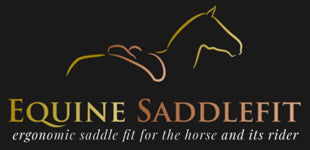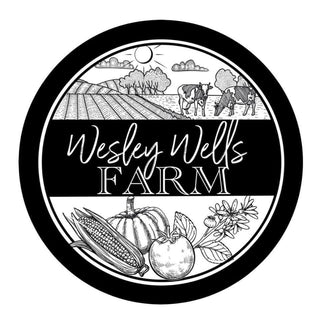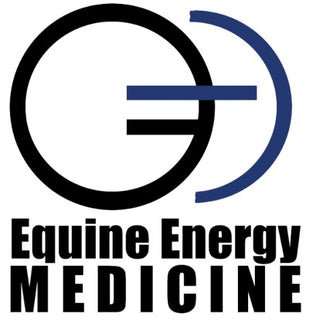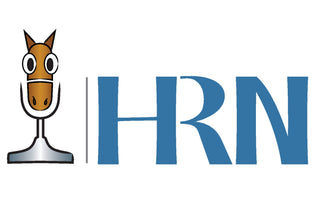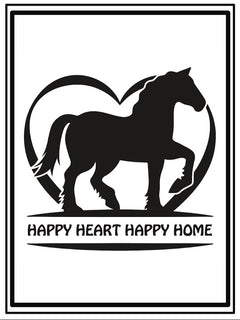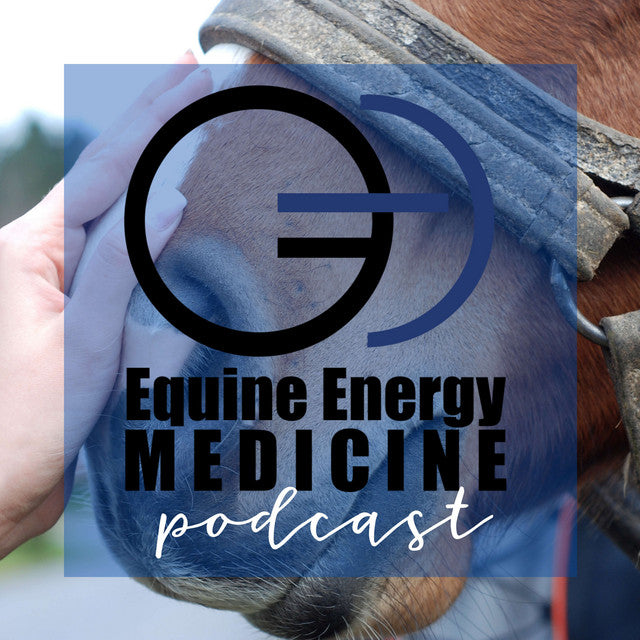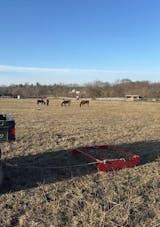As the sun shines and temperatures rise, we find ourselves basking in the warmth, but our beloved companions may struggle to stay comfortable. Horses expend significant energy to regulate their body temperature in the heat, and it's crucial for us to understand the signs of heat stress and take preventive measures. We will explore how to enjoy your equestrian pursuits on hot days while ensuring the well being of your horses.

Whether you're engaging in activities or managing transportation and limited shade environments, being alert and proactive can make all the difference. From mild performance issues to potentially fatal heat stroke, the consequences of heat stress in horses can escalate rapidly. Below we have put together the information you need to be aware of to identify the warning signs and intervene promptly to keep our equine friends safe and healthy.
What is heat stress in Horses?
When the summer heat and humidity reach their peak, horses can face serious emergencies known as heat stress and heat stroke. These conditions primarily occur because horses generate heat during digestion and exercise. Normally, horses cool down by sweating and allowing the sweat to evaporate, effectively lowering their body temperature. However, when this natural cooling process fails, heat stress sets in. If heat stress goes untreated, it can escalate into a life-threatening situation called heat stroke.
Symptoms of heat stress
A horse who is experiencing heat stress may exhibit one or more of the following signs
- Excessive sweating or less sweating than expected
- Hot skin to the touch
- Rapid breathing
- Rapid Heart rate or pulse that does not improve with rest from exercise
- Increased body temperature of above 102 degrees Fahrenheit
- Muscle weakness
- Stumbling
- Dehydration (signs may sunken eyes, lack of skin elasticity when you pull up from body, lack of urination)
Causes of Heat Stress and Heat Stroke in Horses
There are several factors and conditions that can lead to heat stress in horses
- High outside temperature
- High environmental humidity
- Poor stable ventilation
- Prolonged exposure to sunlight
- Excessive work
- Transportation
- Obesity
One of the most frequent situations where horses experience heat stress is when they are exercised in hot and humid weather.
In such conditions, the normal process of sweat evaporation is significantly restricted, increasing the likelihood of heat stress and eventually progressing to heat stroke.
What temperature is too hot to ride?
We understand that each horse has its individual tolerance for heat, however, there are some guidelines we can follow to ensure their well being during the scorching summer months. When it comes to riding, it's advisable to schedule your equestrian activities during the cooler parts of the day, such as the early mornings or evenings, to avoid exposing your horse to the peak heat of the day. Additionally, if your horse is new to a particular environment, it's essential to give them ample time to acclimate to the hotter weather. Just like humans, horses need time to adjust to changes in their surroundings and become comfortable with higher temperatures.

To provide you with a useful reference, we've compiled a chart that outlines guidelines on when it may be too hot to ride based on a combination of outside temperature and humidity levels.
This chart can help you make informed decisions and prioritise your horse's safety and well being.
|
Outside temperature (F) + Humidity (%) |
Heat risk with exercise |
|
Less than a 130 |
Minimal risk |
|
130-150 |
Low risk, as long as horse replenishes fluid loss from sweating |
|
Greater than 150 |
Moderate risk of heat stress |
|
Greater than 180 |
Severe risk, DO NOT EXERCISE
|
Our companions rely on us to understand and cater to their needs. By being mindful of the heat and taking appropriate measures, we can ensure their comfort and enjoyment while engaging in riding activities.
How to prevent heat stress
To protect your horse from the hazards of heat stress, it's crucial to minimise intense exercise during hot and humid conditions. Yet, we understand that for performance horses, completely avoiding training sessions in such weather may not always be feasible.

Thankfully, there are various effective management practices that can be used to assist horses in regulating their body temperature and prevent issues like dehydration and heat stroke we have listed them below;
- Provide access to fresh water
- Provide access to shade
- Reduce ride time and intensity when it is hot and humid
- Ride in the morning or evening when it is the coolest
- Ask your veterinarian about providing electrolytes in times of strenuous work and increased sweating
- Provide access to a fan if there is low to no air flow in your horse’s stable
- Consider clipping horses with long hair
- Transport horses during the cooler parts of the day
Cooling your horse down after exercise
After riding or exercising your horse it is very important to ensure you properly cool down your horse after each ride. This simple yet crucial practice holds immense benefits, not only for your horse's recovery but also for the long term well being of their cardiovascular, respiratory, and muscular systems.
Devoting ten to fifteen minutes at the end of every ride to walking your horse allows for a gradual and effective cool down process. It gives their body temperature a chance to return to normal, reducing the risk of sudden temperature fluctuations and associated health complications. Additionally, this walking period aids in dispersing excess heat and preventing the buildup of lactic acid in their muscles.

Implementing these management practices can play a vital role in safeguarding your horse's well being during hot weather.
By being proactive and attentive to their needs, we can create a safer and more comfortable environment for our equine partners, ensuring they stay healthy and perform at their best, even in challenging conditions.





